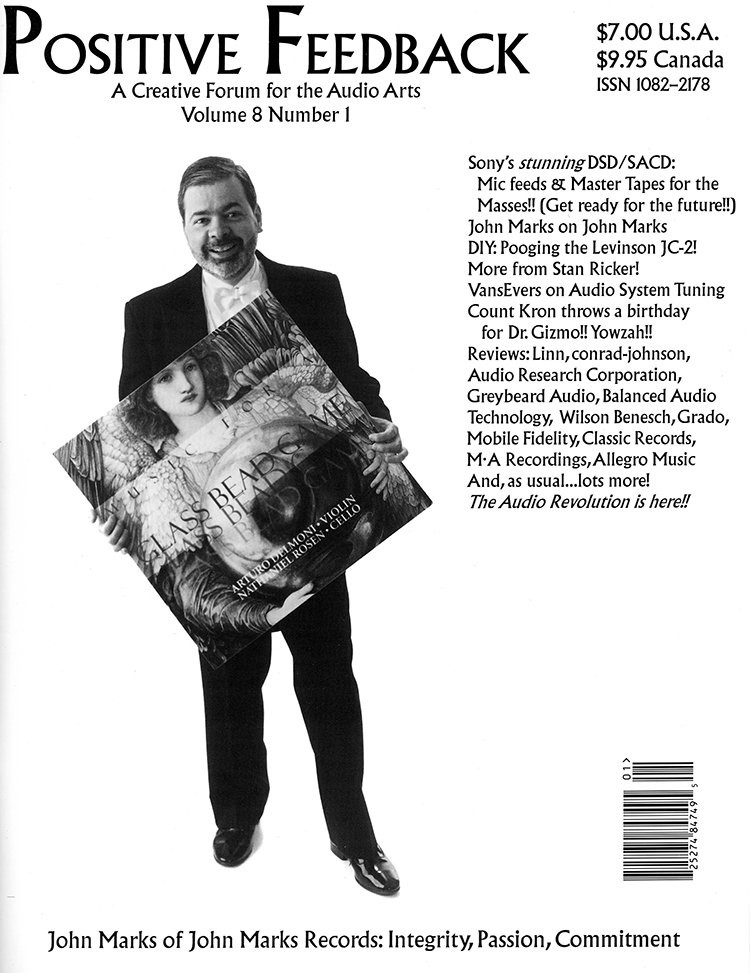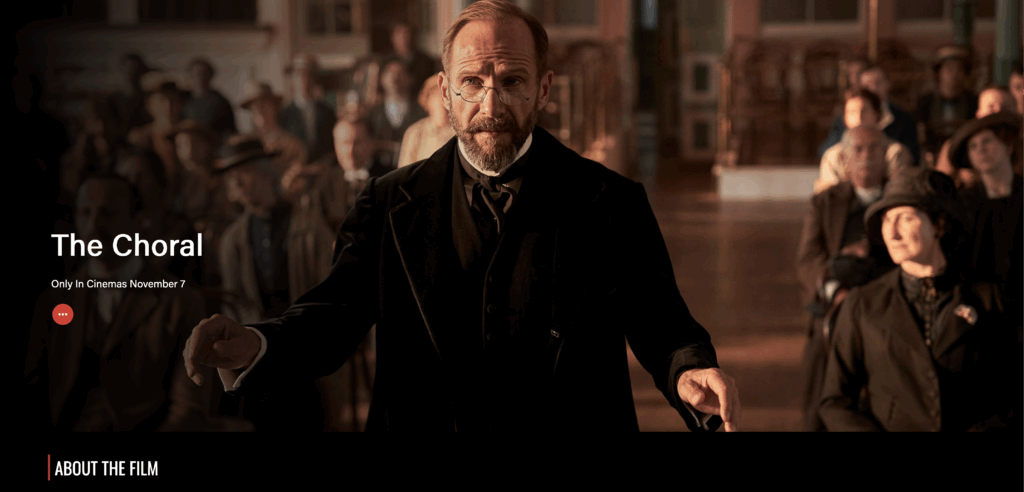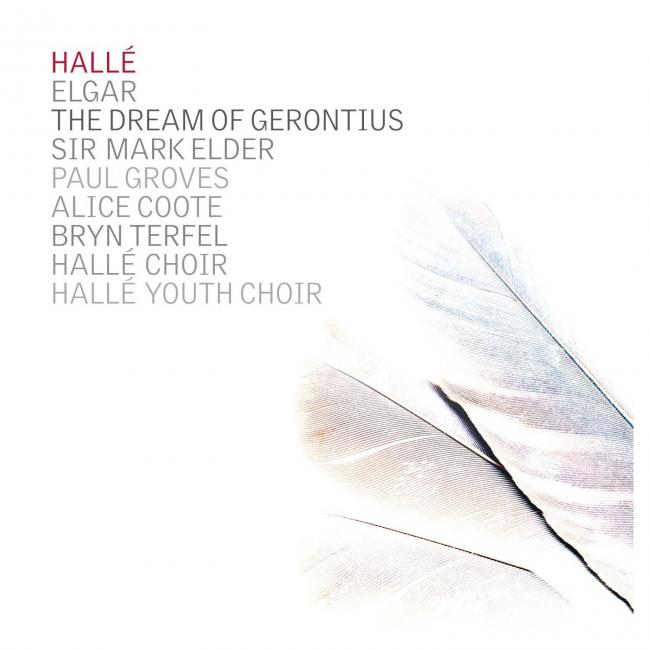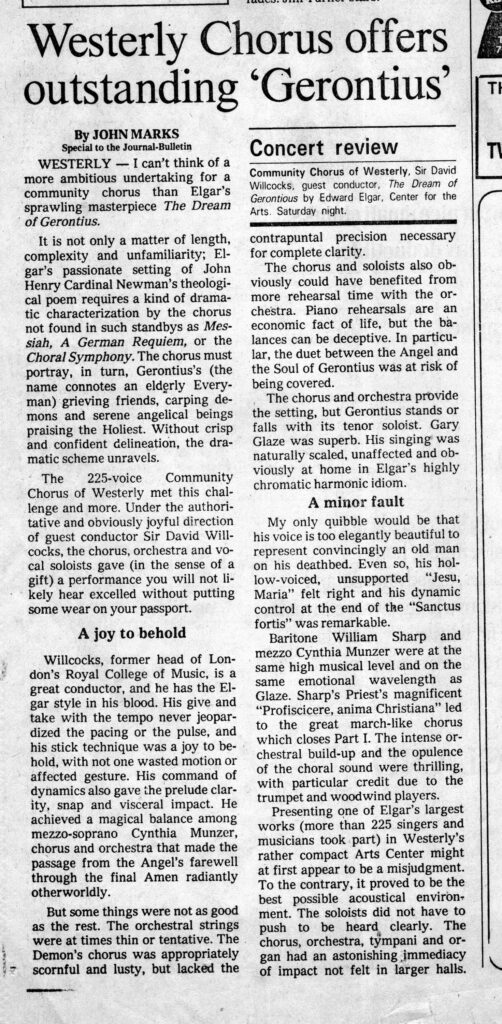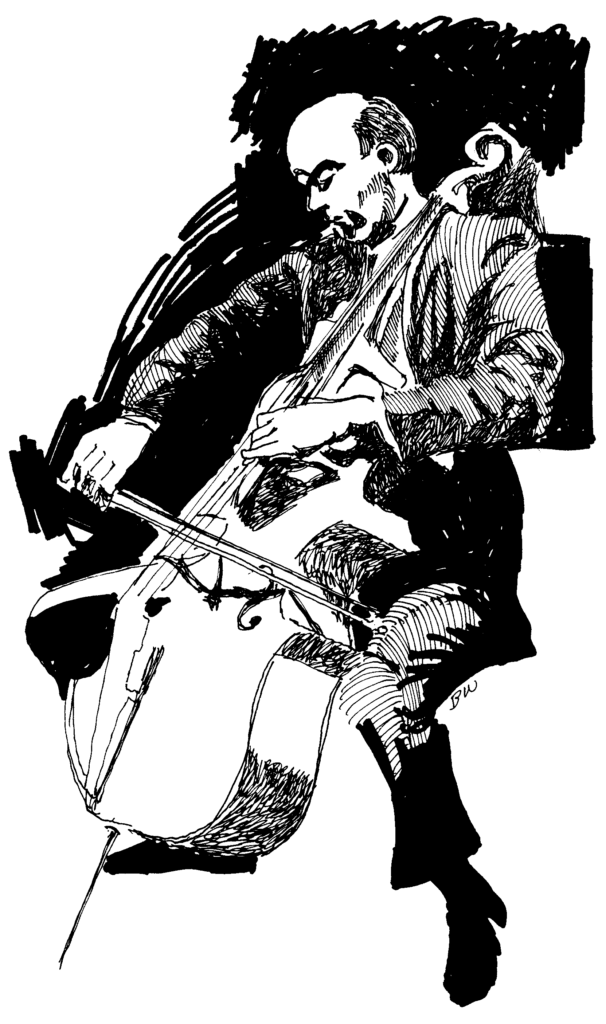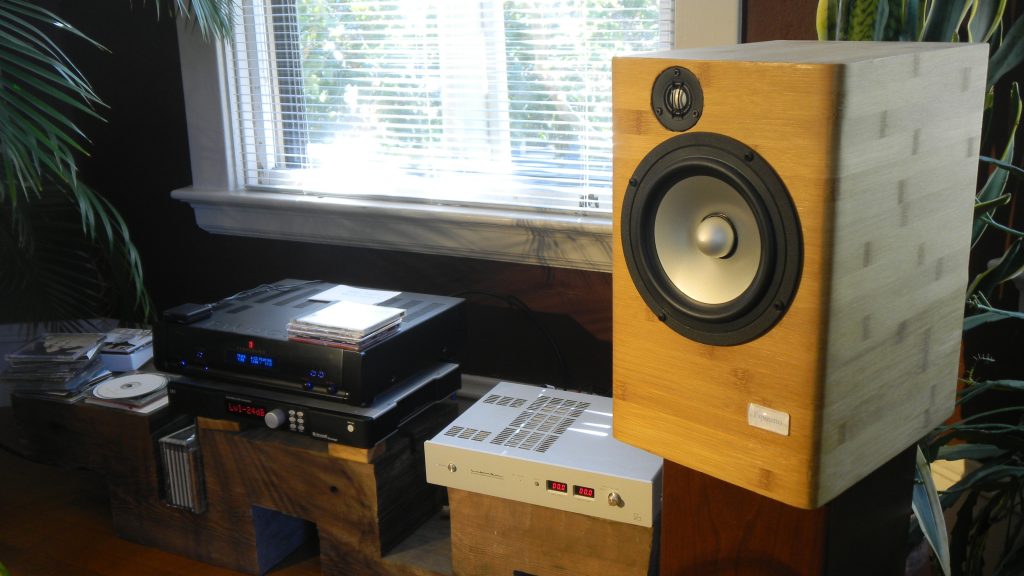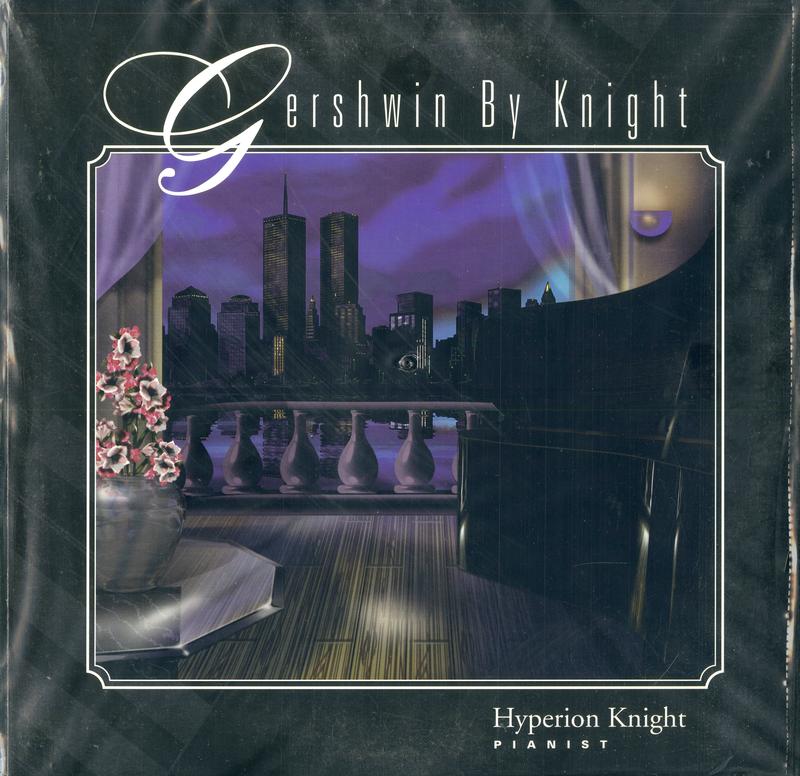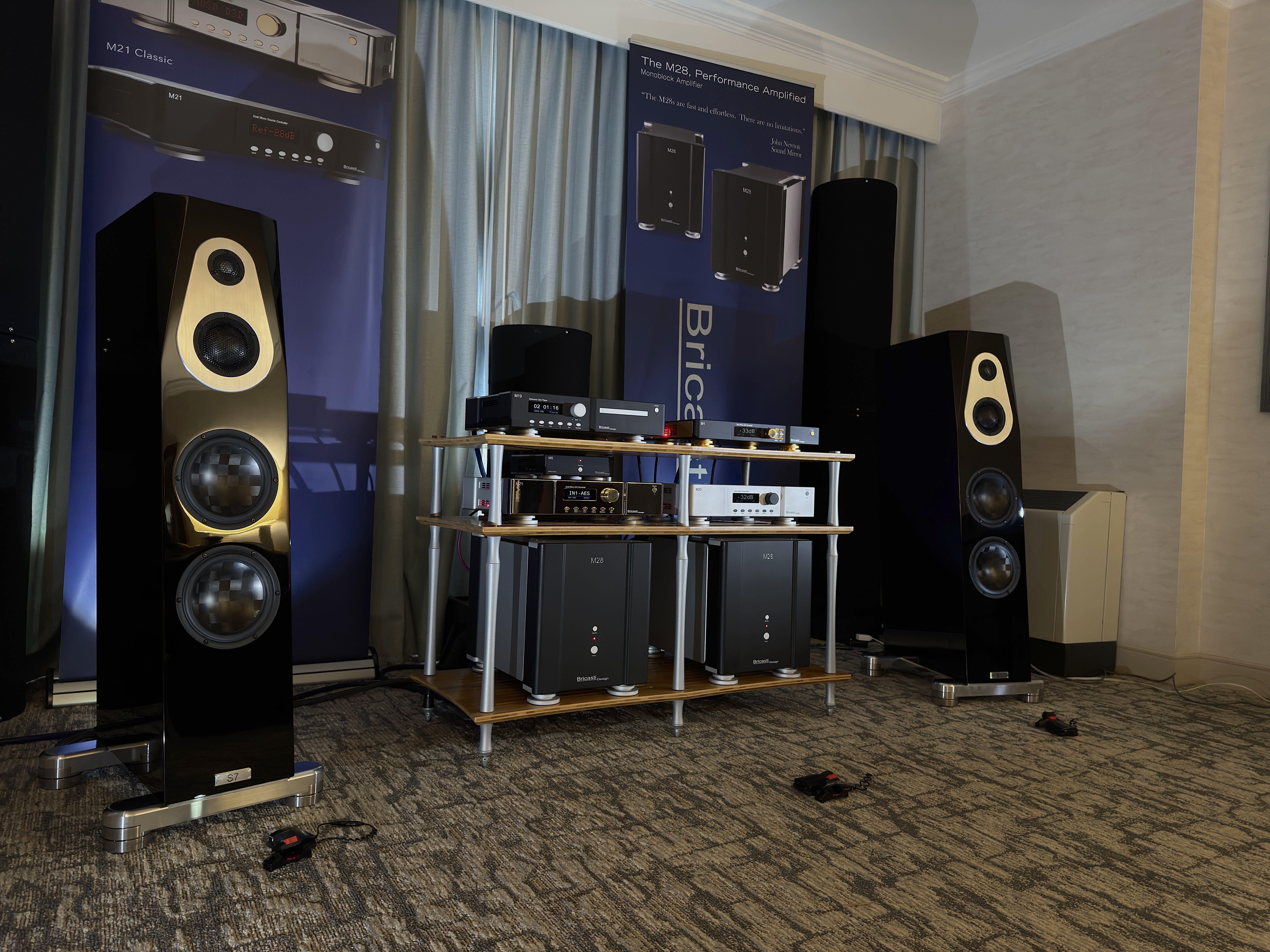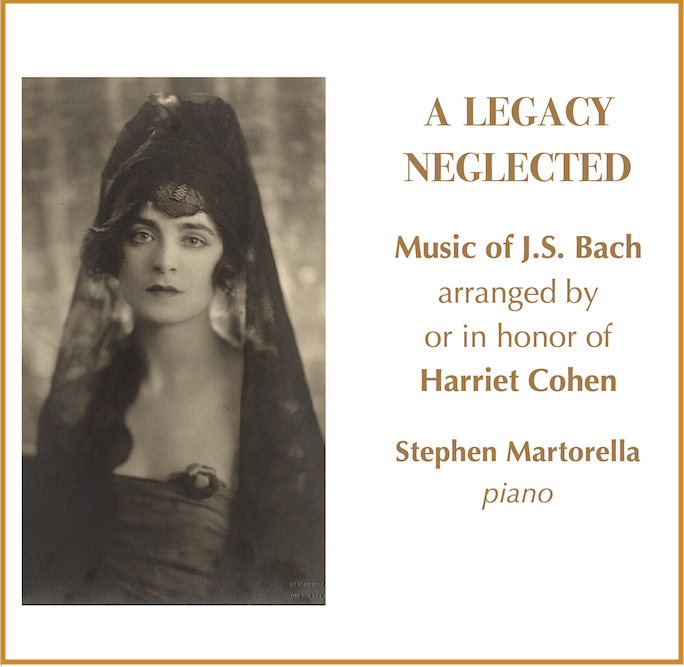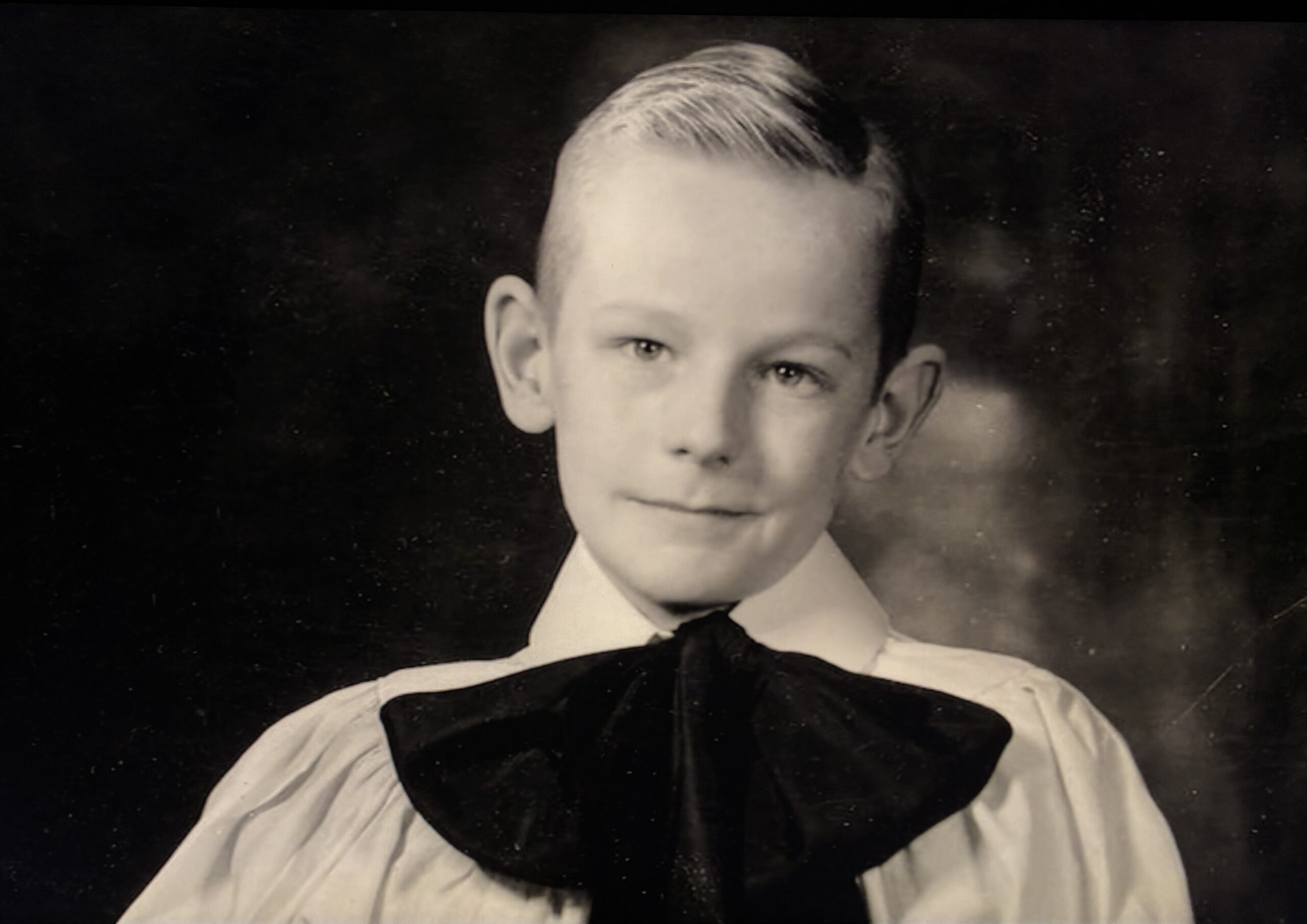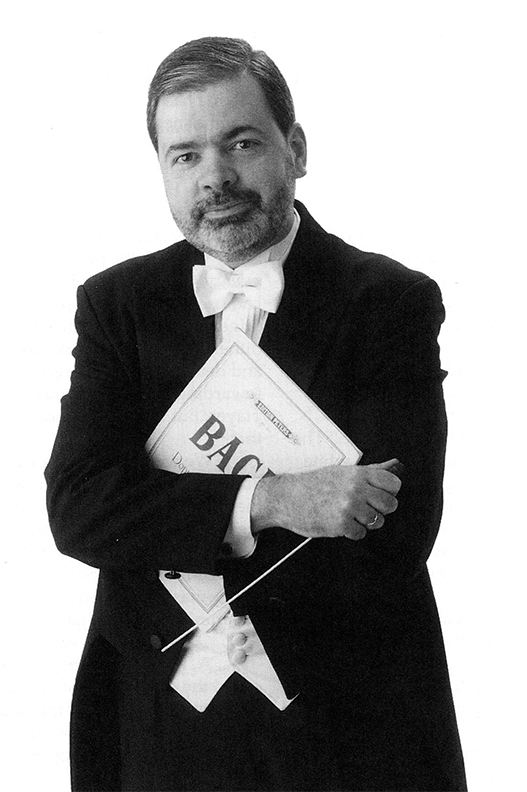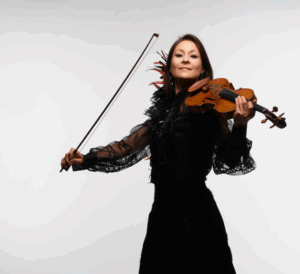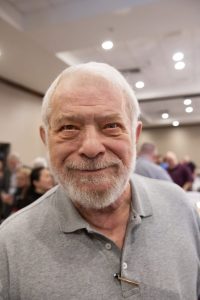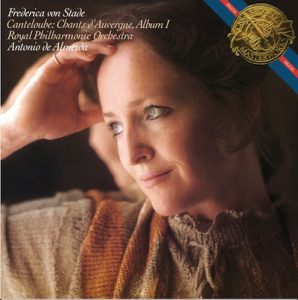If you had told me a few weeks ago, that a few weeks later, a Theatrical-Release Trailer running on YouTube would not only have me in tears, but that it also bids fair to be one of the greatest "Classical-Music Movies" ever, I would have scoffed.
That movie is The Choral, starring Ralph Fiennes. Written by Alan Bennett and directed by Nicholas Hytner. The trailer is embedded below.
My scoffing would only have intensified once you got around to telling me that the movie was about a rag-tag Community Chorus struggling to prepare a performance of Edward Elgar's monumental masterpiece The Dream of Gerontius. In the darkest days of World War One, no less. Gerontius happens to be one of the longest and most demanding works for soloists, chorus, and orchestra.
I keep shaking my head in astonishment. Elgar's Gerontius is, for me, locked in a tie with Vaughan Williams' An Oxford Elegy for the one piece of recorded music I would take to that "Desert Island" of BBC fame. In 1982, I heard Sir Colin Davis conduct the Boston Symphony Orchestra with Jessye Norman in top form as the Angel. Norman's "Farewell" made Colin Davis's Boston Gerontius one of the most transcendent performances of anything that I have ever heard. And I am not the only one who thought so!
In a private conversation circa 1985, Joseph Silverstein, who started out in 1955 at the back desk in the Boston Symphony second violins and rose to Concertmaster, told me that the Saturday night 1982 Sir Colin Davis Gerontius performance was the best he had ever heard the BSO play.
Later, in 1987, I reviewed for the Providence Journal the Community Chorus of Westerly, Rhode Island, conducted by (believe it or not) Sir David Willcocks of the Royal College of Music. As a child, Willcocks had sung for… Elgar. I'll append my 1987 review at the end of this article. By the way, next April, the Chorus of Westerly is scheduled to present Gerontius again. Lucky timing, that.
In 2001, I heard Ben Zander conduct the Boston Philharmonic in Gerontius, and in 2008, Sir Colin Davis made a triumphant return to Boston's Symphony Hall; I caught both his Thursday and Saturday performances.
Backstage afterwards, I button-holed mezzo-soprano Dame Sarah Connolly, KMM and asked her if she could please be my Guardian Angel, upon my death.
She gave me the kind of indulgent smile ("Dear Lord, please get me out of here!") that one of Britain's most accomplished singers would give to a garrulous Yank who thinks he is clever. ("KMM" stands for the King's Medal for Music.)
But before she could run away, I said, "But seriously now, your singing reminded me so much of Alfreda Hodgson's, that I was blinking back tears." Wow. Transformation. She told me how much that meant to her. They had been friends. So, perhaps we parted semi-friends.
What I did not tell Dame Sarah was that, back when I was putting together cellist Nathaniel Rosen's John Marks Records release Reverie, I had the idea to end the program with Dr. Rosen (his friends call him Nick) playing the obligato part of a piano-with-obligato-instrument version of Richard Strauss' lied "Morgen." My first choice for a singer was Alfreda Hodgson. I reached out to her management in the UK, only to learn that she had just died. Ouch.
So, I went back to the recording that had sparked my interest in Miss Hodgson, which was Robert Shaw's Telarc/Atlanta Messiah. Aha! Kaaren Erickson—what a lovely voice. And so, Kaaren it was. I produced, Jerry Bruck recorded, and Doris Stevenson played the piano.
But none of us at the time knew that shortly after the recording's release, Kaaren also would die of cancer. Someone else has put that track up on YouTube, and you can find it here. As Virgil wrote, more than 2,000 years ago, "These are the tears of things."
Back to this upcoming movie, The Choral. The Trailer states that the film will see its theatrical release in the UK on November 7. They are keeping mum about any plans for the US. So, here's the trailer:
Here's Sony Pictures's Synopsis:
- As war rages on the Western Front, the Choral Society in Ramsden, Yorkshire has lost most of its men to the army. The Choral's ambitious committee, determined to press ahead, decides to recruit local young males to swell their ranks. They must also engage a new chorus master, and despite their suspicions that he has something to hide, their best bet seems to be Dr. Henry Guthrie (Ralph Fiennes) – driven, uncompromising, and recently returned from a career in Germany. As conscription papers start to arrive, the whole community discovers that the best response to the chaos that is laying waste to their lives is to make music together.
Sony's publicity materials for The Choral do not mention Elgar's Gerontius, but fortunately, Wikipedia's coverage of The Choral does.
https://en.wikipedia.org/wiki/The_Choral
To quote myself (re-sequenced for brevity and clarity):
Gerontius is Elgar's setting of Catholic theologian and churchman John Henry Cardinal Newman's mystical poem that depicts the death of an ordinary fellow, and then reveals what happens to his soul in the afterlife. … It is not too far off-the-mark to say that Gerontius is like-unto trying to set Dante's entire Divine Comedy to 95 minutes of fin-de-siecle ultra-Romantic orchestral music. … The otherworldly confidence of Dante's sacred cosmology pervades Elgar's Dream of Gerontius.
Wikipedia's coverage of Gerontius is very good.
https://en.wikipedia.org/wiki/The_Dream_of_Gerontius
Judging by the trailer, The Choral's production team certainly has done its homework. In the story, the Choral Society is in crisis not only because most of the adult men had been conscripted into the Army; the chorus's director has resigned and volunteered. So they need to find a new director.
The controversial replacement choice is Ralph Fiennes's character Dr. Henry Guthrie. I think it's very astute (bordering on genius) of them to have Guthrie returning from a career in Germany. That's because ("Inside Baseball" Alert!) the first performance of Elgar's Gerontius (Birmingham, 1900) was an epic flop.
Furthermore, the "Catholic" associations of Newman's text were a turn-off for many. The same consideration also kept the work from being performed in Anglican Cathedrals. (Elgar later made some edits for the Three Choirs Festival of 1910.)
Most fortunately for Elgar, who, by the way, had studied music in Germany, the German conductor and chorus master Julius Buths made a German-language translation of the text. He arranged a successful performance in Düsseldorf in December of 1901. Buths presented Gerontius in Düsseldorf again in May of 1902. Elgar was in the audience, and the German crowd called him to the stage for bows 20 times. Just think of it. 20 curtain calls for a new piece of music.
At the post-concert banquet, Richard Strauss, no idle dispenser of meaningless head-pats, rose, and toasted Elgar thusly:
I drink to the success and welfare of the
first English progressive musician, Meister Elgar.
So, what I am getting at is, in England in the second decade of the 20th century, Gerontius was more ignored than performed. Therefore, it would take the return of a conductor who had been working in Germany, where Gerontius was revered, to have a UK community-chorus performance of Gerontius make sense. Or at least sound plausible.
It was not only Richard Strauss who was in Elgar's German Fan Club. How about this, from Fritz Kreisler, who was as impressed by Gerontius as Strauss had been:
If you want to know whom I consider to be the greatest living composer, I say without hesitation Elgar... I say this to please no one; it is my own conviction... I place him on an equal footing with my idols, Beethoven and Brahms. He is of the same aristocratic family. His invention, his orchestration, his harmony, his grandeur, it is wonderful. And it is all pure, unaffected music. I wish Elgar would write something for the violin.
If I recall, the family name "Elgar" likely descends from the Middle English "Ælf-Gar." That is, "Fairy (or Elf) Spear." Ælfgar, Earl of Mercia (died c. 1062), was the son of Lady Godiva and Leofric, Earl of Mercia.
So, there you have it. You can find Colin Davis's 2008 BSO performance on YouTube. If you want sound that has not been pre-squashed for YT, my recommendation is Sir Mark Elder and the Hallé Orchestra, about which The Gramophone wrote:
It is, by a mile, the best-sounding Gerontius we have had, handsome in its depth
and breadth with great spatial perspectives and a wonderful sense of
how the score is layered.
Of course, Barbirolli and Boult are standbys. Please leave a comment with your favorite performance, if you have one.




